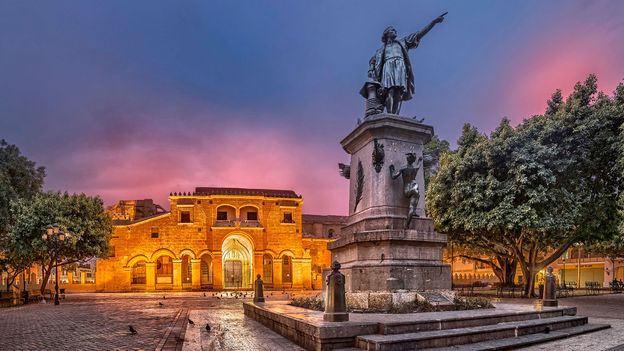Litwin
Platinum Member
The Dominican Republic was home to the first black people in the Americas. So why has Europe’s oldest permanent settlement (Dominican Republic ) in the Americas turned its back on its African past?
my answer is that Dominican Republic does not want to become Europeans hating Haiti N2, what do you think?


 www.bbc.com
www.bbc.com
1804 Haiti massacre - Wikipedia
en.wikipedia.org › wiki › 1804_Haiti_massacre
The 1804 Haiti massacre was carried out against the French population and French Creoles (or Franco-Haitians) remaining in Haiti following the Haitian ...
my answer is that Dominican Republic does not want to become Europeans hating Haiti N2, what do you think?

Santo Domingo: The city that kept slavery silent
The Dominican Republic was home to the first black people in the Americas. So why has Europe’s oldest permanent settlement in the Americas turned its back on its African past?
1804 Haiti massacre - Wikipedia
en.wikipedia.org › wiki › 1804_Haiti_massacre
The 1804 Haiti massacre was carried out against the French population and French Creoles (or Franco-Haitians) remaining in Haiti following the Haitian ...


